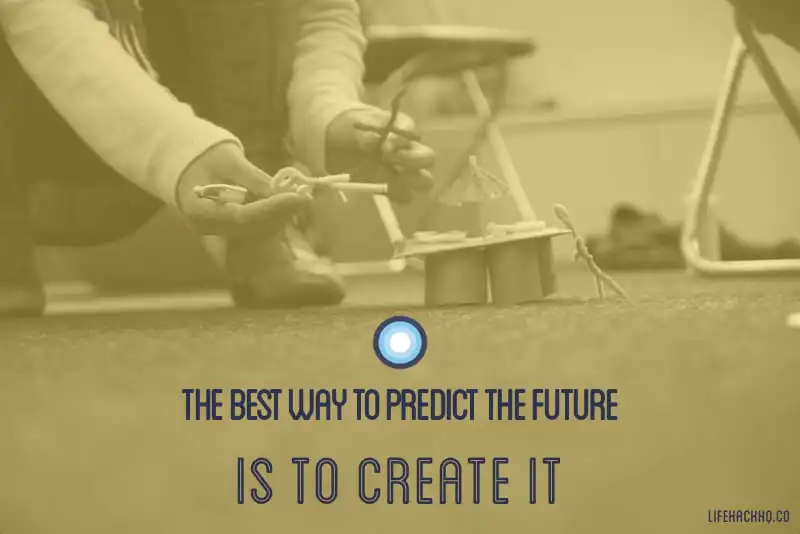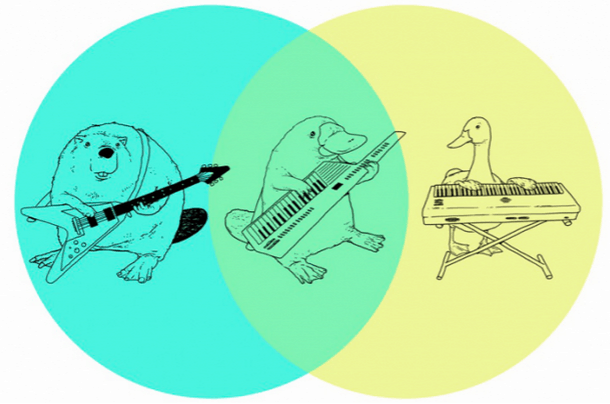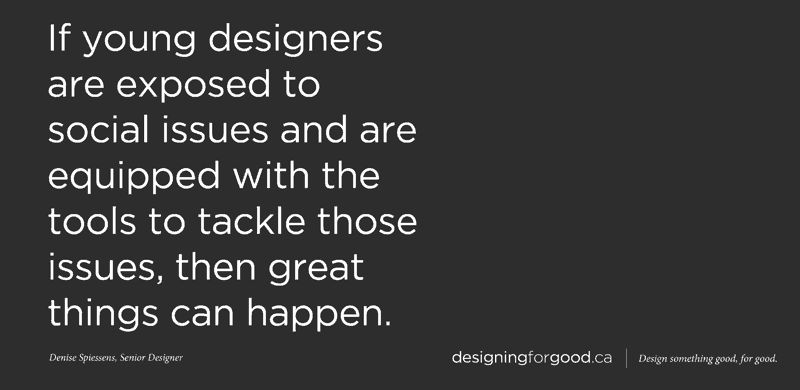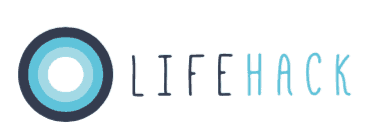Wellbeing Needs More Than Just Psychologists
Wellbeing is not just the domain of Psychologists
This week we kick off our Design Challenge with Massey University’s College of Creative Arts. Whilst this seemed like an exciting next step for us at Lifehack, we thought it would be good to explain why we’re working with 160 visual communication students.

In short, Lifehack’s work goes well beyond working with the youth and health sectors to help them create better tools and solutions for young people’s wellbeing. We strongly believe that Wellbeing must be the domain of all of us, and that those tools and solutions should be developed with young people, not for them.
We’ve made it our role to build bridges between the sectors who have taken a greater responsibility for rangatahi wellbeing, with a wide range of individuals, organisations and communities who have been missing or marginalised from the conversation, and often suffered as a result.
In the last weeks, our Fellowship program kicked off, forging new connections and sparking new collaborations between people who likely would never have met – parents and teachers from Northland, Researchers from Wellington, Journalists, Developers and more. It’s going to take an active community to turn around the challenges our young people face, so we want to harness the skills, passion and resources from around the country to do that.
If we’re aiming for improved Wellbeing to the scale of 100% Flourishing, we’re going to need the hearts and minds of many people and many disciplines. Whilst Psychology had traditionally had the most to say about mental health and wellbeing, we’re increasingly finding that the best ideas come at the intersection of a range of skill sets – often ones which don’t get together professionally.

We need the Makers. Policy Analysts. Neuroscientists. Middle Managers. Early Childhood Educators. Entrepreneurs. Biologists. Architects. Town planners. Conservation Rangers. IT Developers. Physios. Product Manufacturers. Researchers. Cafe Owners. Occupational Therapists. Web Developers. Marketers. Nurses. Community Activators. Startup Junkies. Urban Agriculturists. Everyone. You.
In the last year, we’ve been on a journey to blend practices to forge new approaches to creating and developing with young people. Often the young people lead these projects. It creates some interesting dynamics, ones well worth exploring further. We’ve worked to explore Design ‘of this place’ – bringing together some of the leading thinkers and doers from around the country who have explored te āo Māori and design.
So what role does Design play in all this?
If we stop thinking of Design as ‘that poster’, or ‘the colours of the website’, then we begin to see it as a practice. Design is the glue which holds together all the ideas, perspectives, research and opinions.
Underlying the practice is a process – a rigorous one if done right – not just to sift the good ideas from the bad, but to shape and develop them with real world testing and tweaking. The process helps make sense of the chaos of complexity – not to dumb it down, or to try and treat humans like machines, but to help us see the dynamic relationships between everything.
Design isn’t only the domain of designers. Any time something is created by us, it has been designed – often not consciously though. The more we work with Design at Lifehack, the better we get at enabling unique and interesting conversations, ideas and prototypes – ones more suited to improving youth wellbeing around Aotearoa.
Working with 160 3rd Year Massey Design students is a hugely exciting opportunity to take a deep dive into this practice, not just with the students – but with the entire teaching staff of the College of Creative Arts. They get to go deep into our world of Wellbeing, and in return we are co-developing a one-of-a-kind Design Challenge which will span several months with their students.
What do we expect to result from this? Well, we’re not entirely sure – that’s the exciting bit. What we do know is that 160 students equipped with 3 years of design training will be working up physical and digital designs and prototypes which will seek to improve everyday wellbeing.
We’ll also be working with Massey’s tutors to make all of the resources we create for the challenge, and the process the students go through, available online so any one can access it and have a go at designing something themselves! If you’re keen to hear more about this when it is released, sign up to our newsletter here.


